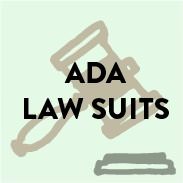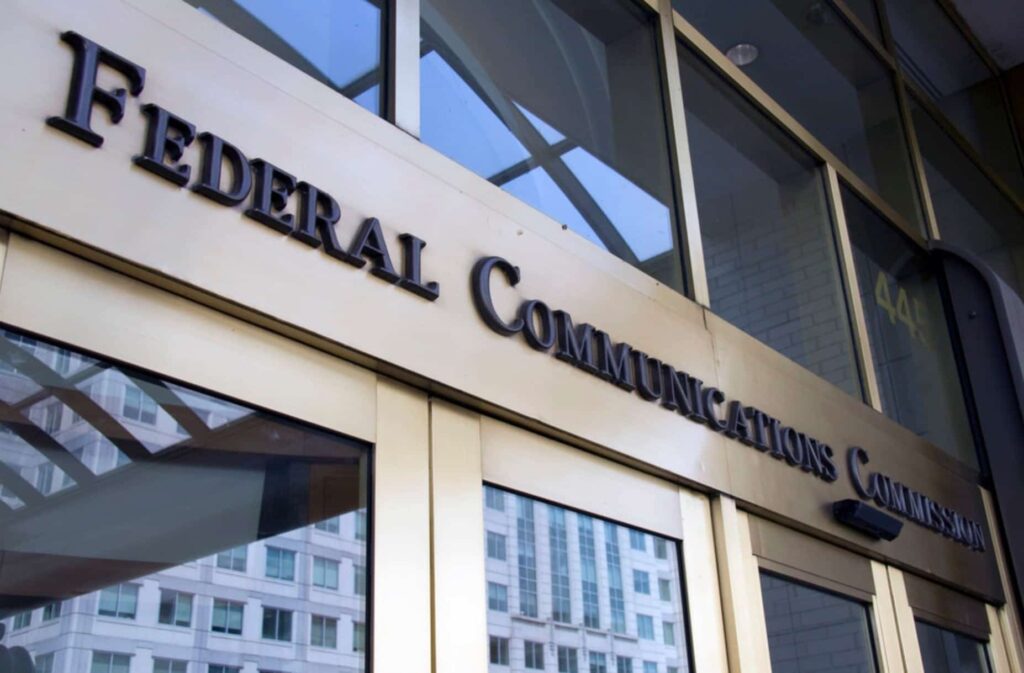When the Americans with Disabilities Act (ADA) became law in 1990, many modern technologies, such as online websites that are commonplace today, were still years away from making their mark. And as technology has increased over the past three decades, so, too, have the questions over how ADA laws apply to accessing the online world.

The U.S. Department of Justice has held that the ADA’s reach is broad enough to include websites as an extension of a business’s operations, while the courts have found that if ADA laws apply to an organization, business, government body, or academic institution, among others, then they also apply to that entity’s websites.
A trio of Florida cities recently have removed a slew of public documents from their websites to protect themselves from potential lawsuits that claim violations of the ADA until the municipalities can ensure compliance.
Longwood, Lake Mary, and Oviedo are just a few of the cities – and let’s not forget to mention businesses, colleges and universities, and pop stars – across the country that are re-examining their websites and digital archives to make sure they are in compliance with ADA regulations, and accessible to people who are deaf or hard of hearing or who are blind or with low vision.

VITAC has a long, successful history of working with local governments and federal agencies, and we offer a wide variety of solutions to meet ADA and Section 508 requirements. Our government captioning services cover everything from city council meetings to state legislatures to archived videos to prerecorded informational materials.
Our live captioning solutions feature captioners listening to live council or public meetings and captioning the event from start to finish in real time in English and Spanish (or both), while our offline professionals make prerecorded government video content accessible with completely verbatim and synchronous captions. Additionally, many government entities also use VITAC’s audio description solutions to comply with Section 508 requirements to provide accessibility for individuals who are blind or low-vision.
Our government customers were the first to caption online video, and we’re proud of our work with the Internal Revenue Service, Federal Aviation Administration, Center for Disease Control, and National Aeronautics and Space Administration, just to name a few. And we’re exciting about working with new customers, such as Seattle City Council, in the future.
VITAC recently began providing live, realtime captions for cable television broadcasts of Seattle City Council meetings, ensuring that all viewers have equal access to Seattle government discussions and decisions. We are providing captions to the Seattle Channel’s live broadcasts of city council, with the captioned content archived for playback on the air and online at seattlechannel.org and Seattle Channel’s YouTube site.




